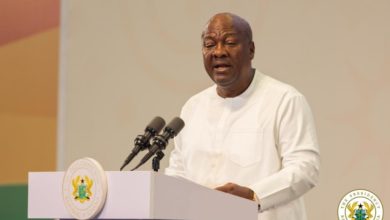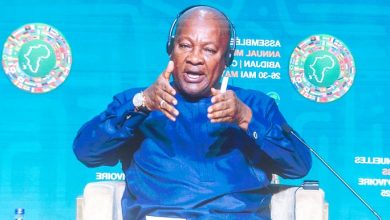Reduce Parliamentary seats from 275 to 200 – Afenyo-Markin

The Deputy Majority Leader, Alexander Afenyo-Markin, has proposed that the number of seats in Parliament is reduced from 275 to 200.
The Member of Parliament for the Effutu constituency said his proposal will ease pressure on the public purse.
“I must say that one critical thing to look at is to put an upper limit on the number of MPs that we must elect each year. It is unpalatable that a small country like Ghana with its many financial problems has 275 MPs. In contrast with all its financial muscle, Australia has 151 and 76 senators. We need a change in the law to stop the unnecessary expansion in the number of seats in our Parliament. We must reduce the number of seats in our parliament from 275 to 200.”
The Effutu legislator made the comments at this year’s GIMPA Law Conference on Wednesday, March 15.
He added that Ghana needs an Upper chamber which will be known as the House of Elders. To this end, he has proposed that the Council of State be converted to serve this purpose.
“I hold the view that Ghana needs an upper chamber, it should be known as the House of Elders whose election shall remain non-partisan and whose primary role shall be to moderate the current parliamentary excesses and extreme partisanship.
“Thus the Council of State should be converted into the Upper Chamber of Parliament…I am not suggesting that the current Council of State is not helpful.”
Mr. Afenyo-Markin also lamented challenges regarding the role of MPs stating that they have become development agents contrary to their lawmaking and representation of electorate functions.
This he said has made some MPs retire as paupers and live miserable lives. He added that claims that some MPs are corrupt are completely untrue if one looks at the life of some MPs after they leave the House.
“Although lawmakers are not strictly speaking development agents, many MPs have had to dig so deep into their private pockets to provide public infrastructure to benefit underserved communities in their constituencies. In the process, many MPs have retired as paupers and have to deal with the pain of paying for private loans they contracted in their time in office to provide for the needs of their constituents.”
Source: citinewsroom










